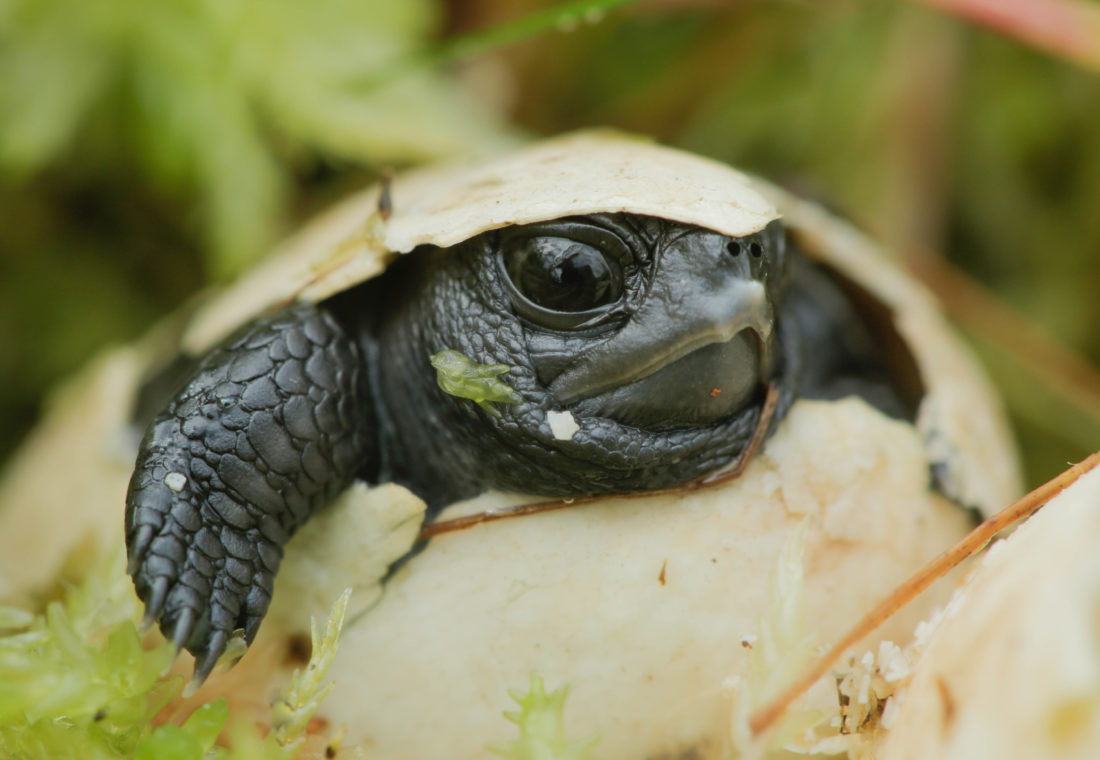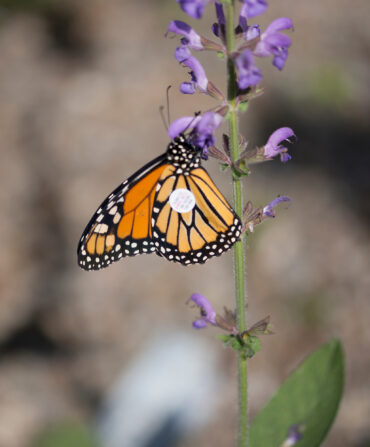The South is home to more turtle species than anywhere in the world. But that diversity has a downside—it also makes the region a prime location for turtle poachers, who pull the reptiles from the wild and ship them out of the country to be sold as both pets and food. Now, a new bipartisan bill in South Carolina aims to make it harder for turtle traffickers in the state and beyond.
“South Carolina is a black market oasis in the Southeast,” says state Senator Thomas McElveen (D), one of three sponsors of the bill along with Senators Vincent Sheheen (D) and Chip Campsen (R). “We have no laws in place that protect our natural heritage in terms of reptiles and amphibians.”
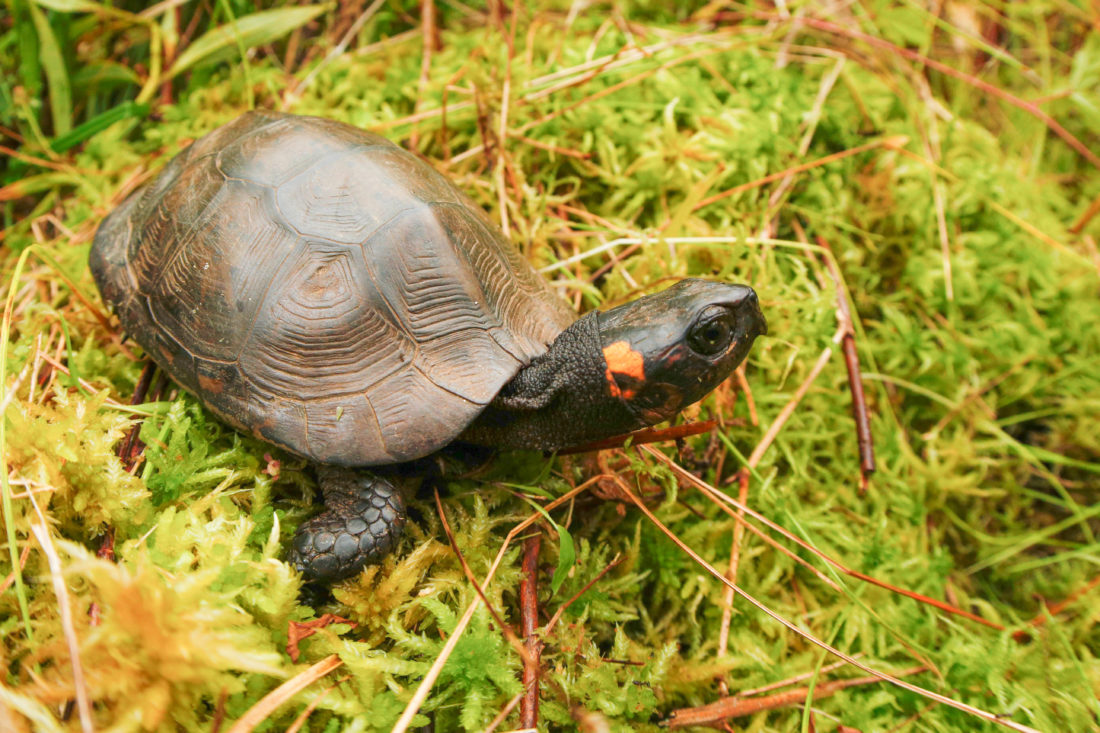
If passed, Bill 885, which will be up for consideration in the next three weeks while the South Carolina senate is in session, would make it illegal to sell, buy, trade, export, or remove any native reptile or amphibian from the state. Though a number of other Southern states, including Georgia, North Carolina, and Florida, do have protections in place for native turtles, herpetologists and wildlife law enforcement officials say that the lack of laws in South Carolina is a problem for the region as a whole, as it’s not hard for poachers to catch the reptiles in other states and simply head to where restrictions are laxer. “If you can get the animal to a state with no or lax restrictions, you can just sell it from there,” says Lieutenant Mark Cagle of the North Carolina Wildlife Resources Commission. Cagle has been focusing on reptile law enforcement since 2007 and gives presentations to educate the public on the turtle trade and law enforcement’s efforts to combat it.
Colonel Curtis Brown, the director of the law enforcement division of the Florida Fish and Wildlife Conservation Commission, says he’s seen an increase in turtle trafficking over the last decade. “The number of turtles in the black market trade is staggering,” he says. Busts have ranged from the vast to the small. Brown was part of one Florida operation that tracked 600,000 pounds of turtles headed for China over two years, and Cagle once stopped an individual in North Carolina who had thirty-two spotted turtles crammed in a backpack.
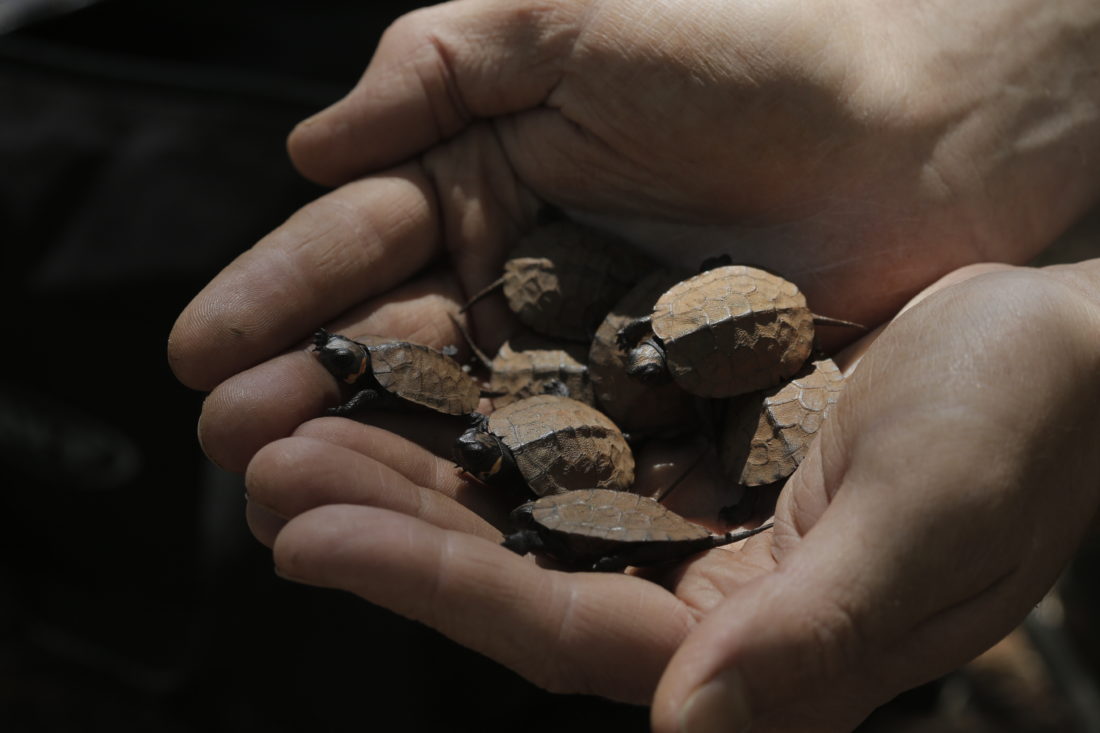
The South is home to turtle species both common and rare, from the familiar box turtle to the little-known, tiny bog turtle. One thing they share is that turtles tend to be long-lived and hardy, one of the reasons they’re prime candidates for trafficking. But they’re also slow to reach maturity and reproduce, meaning that removing adult turtles can have rapid and devastating effects on a population. This is especially detrimental to smaller sized species that produce fewer eggs, like the bog turtle. “On top of habitat loss, this is the last straw for some of these populations,” says J.J. Apodaca, director of conservation and science for the Amphibian and Reptile Conservancy, which is based in North Carolina. For some species, the margins for survival are razor thin—taking even a few adult female bog turtles out of a population, for example, can be the difference in that population continuing to persist.
In addition, the pet trade places a premium on rare species, making already small populations a target for poachers looking to make a large profit. More abundant species such as soft-shell turtles, red-eared sliders, and snapping turtles often wind up in markets in Asia as meat or ingredients in traditional medicine. In the wake of coronavirus, China has banned wildlife consumption, but the measure won’t help turtles, which are grouped with fish.
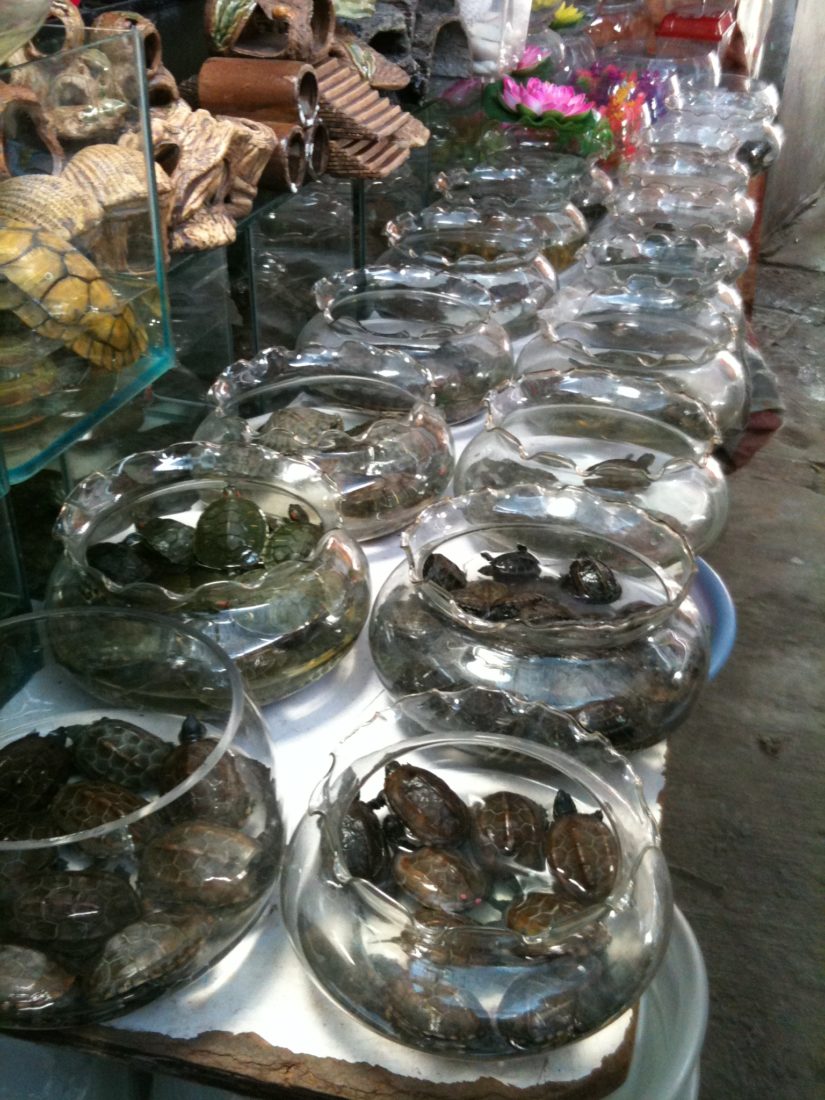
If Bill 885 passes in South Carolina, Senator McElveen says it will be an important step toward turtle protection across the South. “The best thing people can do is call their legislators and tell them why it’s important,” he says. Herpetologists and wildlife enforcement officers agree that part of the turtle poaching problem is that most people simply aren’t aware of what’s happening. “Turtles are one of the most sought-after species in the world,” Brown says. “But they don’t get the awareness, and therefore the protection, that they need.”


